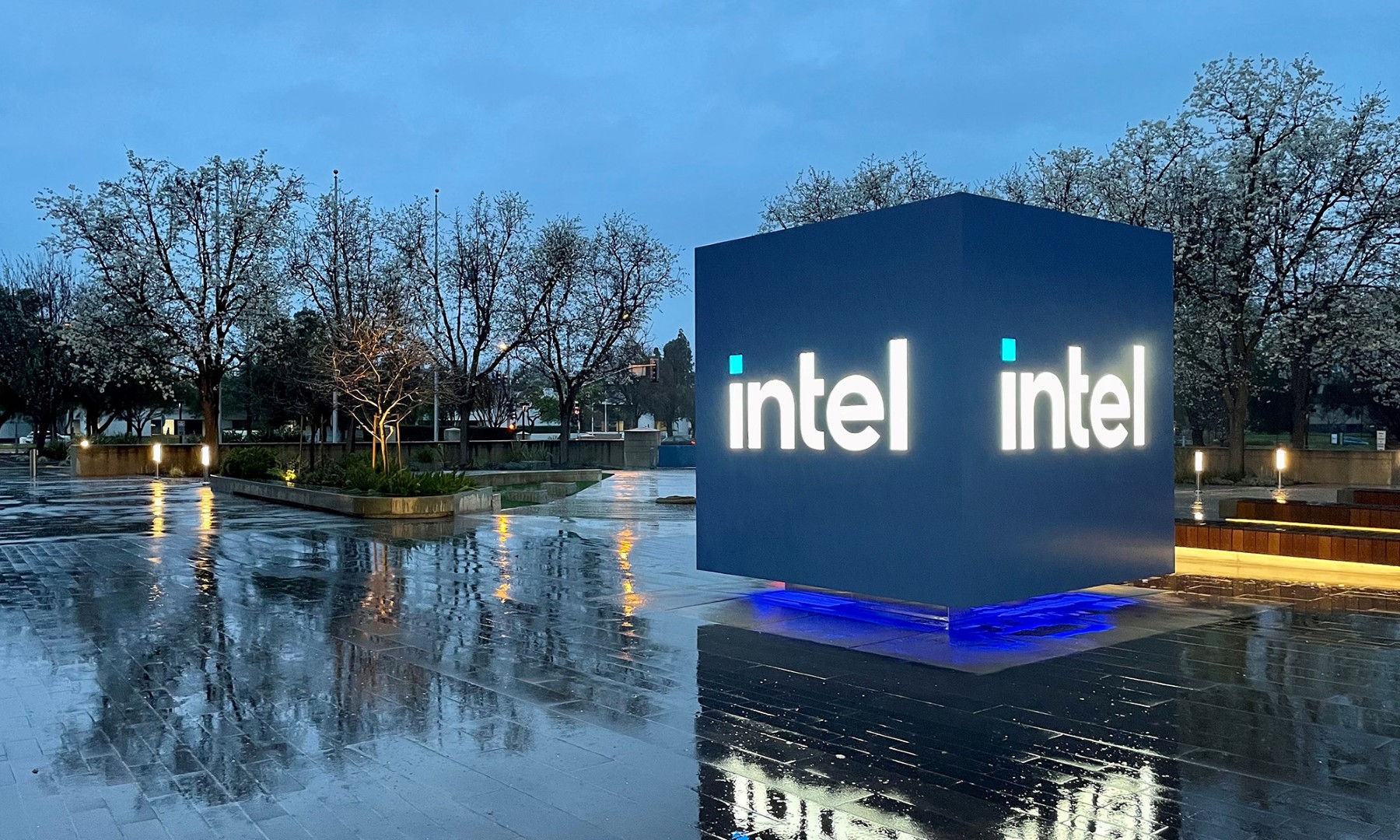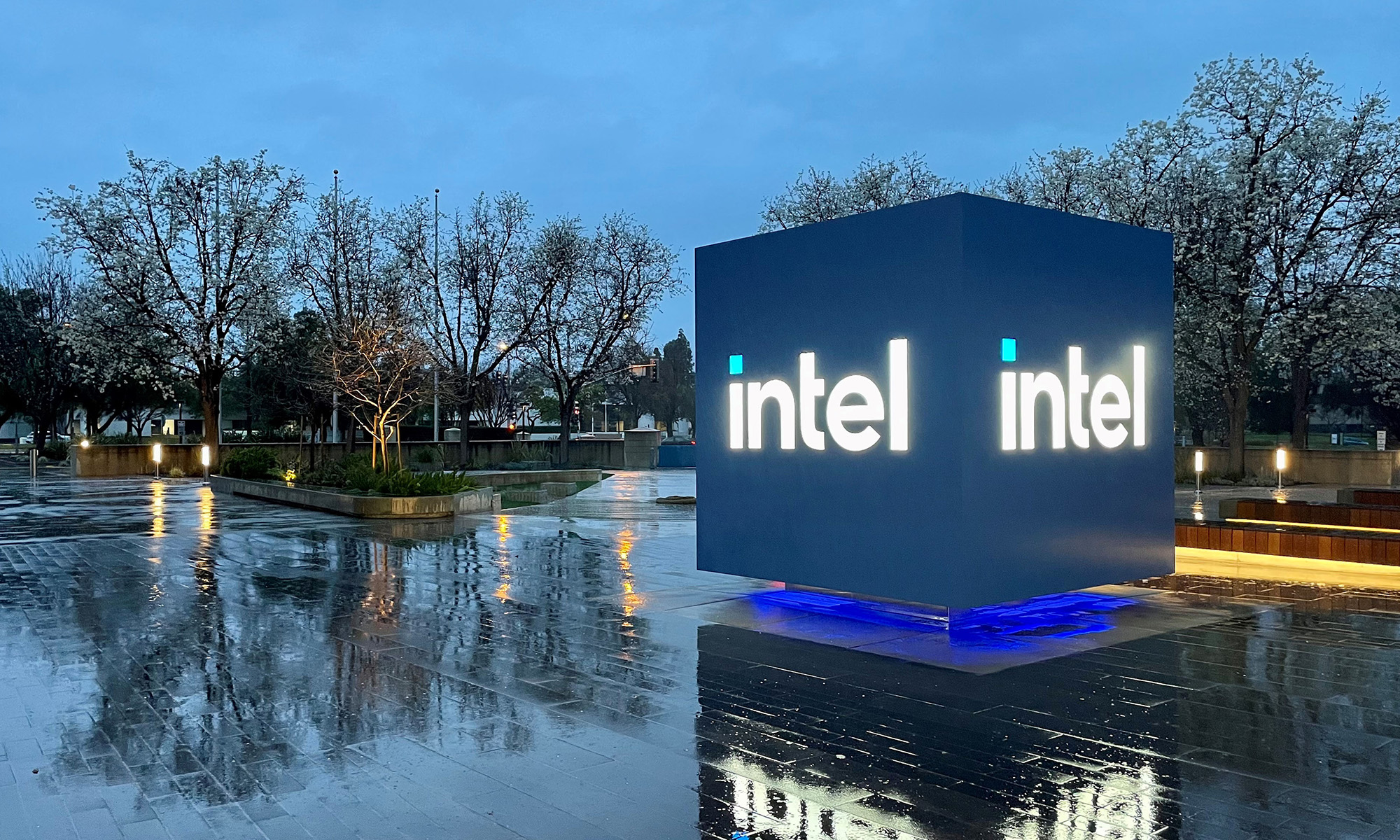One of the biggest problems facing Intel (INTC +10.90%) and, frankly, the PC industry at large is that PC owners simply aren't upgrading their systems as frequently as they used to. There are a lot of hypotheses for why this is the case, ranging from the fact that software demands aren't keeping up with hardware advancements, all the way to mobile devices potentially cannibalizing PC demand.
What's particularly interesting is that although the overall PC market is in the dumps, Intel has consistently reported these "pockets of strength" in certain sub-markets. Perhaps the most prominent and, frankly, interesting of these is the market for PC gaming.
On Intel's most recent earnings call, CEO Brian Krzanich noted that the company's Core i7 processors as well as its "K" processor models (aimed primarily at gamers/PC enthusiasts) "set all-time volume records." This, Krzanich said, drove the company's "rich product mix" in the quarter.
In this article I'd like to show readers just why gamers seem to both upgrade at a more rapid clip than "typical" PC buyers as well as buy a richer mix of products.
The mix question
Above, I claimed that gamers buy both a relatively rich mix of products and upgrade at a rapid clip. Let's start with an explanation for why gamers buy a rich mix first.
According to popular PC game distribution client Steam, recent game releases Fallout 4 and Grand Theft Auto V 3 are among the top 100 most played games among Steam users (and there are a lot of Steam users).
In the table below, I show the recommended CPU requirements for each of these games (in my experience, systems that just meet the minimum system requirements don't deliver a good gaming experience), as well as requirements for a couple of current/upcoming games:
|
Fallout 4 (2015) |
Grand Theft Auto V (2015) |
Star Wars Battlefront (2015) |
DOOM (2016) |
Hitman (2016) | |
|---|---|---|---|---|---|
|
Recommended CPU (Intel) |
Core i7 4790 |
Core i5-3470 |
Core i5 6600 |
Core i7 @ 3 .4GHz or better |
Core i7 3770 |
Source(s): Various.
Notice that among these popular titles, the absolute lowest "recommended" processor is a quad core Intel chip from 2012, with the other games requiring even more powerful processors.
When people buy/build systems aimed at gaming, I doubt that the very high needs of today's games escape their notice. Further, since gamers generally want their systems to last as long as possible, they are likely to buy the best that they can afford.
If a gamer buys a top Core i5 or a Core i7, that person should have a good degree of confidence that they'll be able to play next generation games at high quality settings over the next couple of years. Indeed, many gamers are aware that trying to "save money" by going with a cheaper Core i3 or even lowly Pentium/Celeron class processor if they can afford something better just means that they'll have to upgrade sooner (and have a worse gaming experience in the interim).
It shouldn't be surprising to investors, then, that gamers tend to buy a rich mix of processors.
The upgrade frequency question
There are a number of gamers/PC enthusiasts who upgrade their systems as quickly as new technology comes out -- these people simply enjoy having the latest technology.
The year-over-year performance improvements in PC hardware, particularly in CPUs, isn't generally all that huge; in CPUs people can reasonably expect -- for a given amount of money -- to get anywhere from 5-10% better performance than the CPUs available in the prior year at that same price (assuming the same number of CPU cores).
That being said, those improvements compounded over a period of, say, three years can be interesting. Further, Intel is increasingly bringing processors with core counts beyond four to more accessible price points (the six core Core i7 5820K sells for around $390 -- not too much pricier than the quad core Core i7 4790K and actually cheaper than current street prices of the Core i7 6700K).
After about three years, the performance enhancements that Intel brings to its processors, coupled with the improvements that it makes on the platform side of things, can be quite compelling.
It also doesn't hurt that top tier games are seeing continual bumps in CPU requirements.
Intel should continue to invest heavily here
Intel currently has a very attractive lineup of processors here, with products that are easily best in class. As long as the company continues to develop products targeted specifically at gamers (and I believe we'll actually see more of this from Intel over the next few years), it should continue to enjoy the growth and mix benefits associated with having a leadership position in this area.






